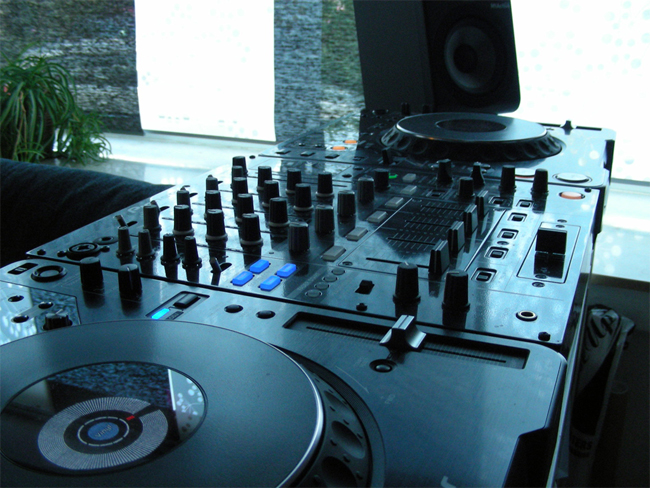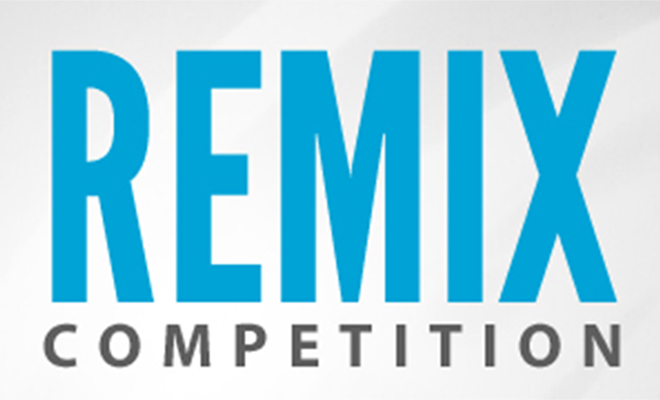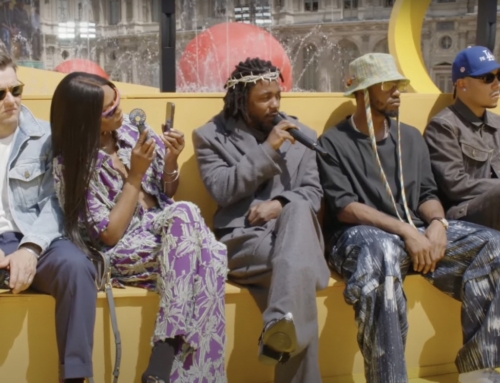DJs and producers looking at the vast amount of internet resources for forwarding their careers frequently come across remix competitions, often through a label, artist, or a major website. Yet, even with prizes that range from an official release to free gear, certain artists see their careers forwarded – Madeon, Zedd, and RiotGear are some of the more higher-profile examples – and others find themselves getting very little in return for their investment – be it purchasing a track and spending time to put together a quality remix.
So as Beatport Play continues to grow the number of contests offered and Soundcloud makes submissions far easier to do, how should an aspiring producer or DJ look at remix competitions?
The Pros
Back in 2012, Beatport News caught up with past competition winners. Their varying degrees of success essentially expose just how important winning a top-tier competition can be – at times.
For some, such as Acida Corporation, a winning remix created better professional connections; this meant, based on their statements, more collaborations and official releases, and greater interest from record labels. The latter of these three can be particularly important for up-and-comers; as they explained, winning meant more labels went out of their way to sign them for releases, rather than sending out demos and hearing nothing in return.
Others got signed to major labels, or as a lower-scale improvement, saw more followers on social media. In an extreme case, Zedd – who has won multiple competitions – went onto remix and produce for such major artists as Lady Gaga, Justin Bieber, and the Black Eyed Peas. But for those not familiar with Zedd’s history, these collaborations likely came about not through winning a Beatport competition – although this factor was likely a major stepping stone – but mentorship with Interscope’s Jimmy Iovine.
In line with all factors above, winning the right competition leads to overall better career prospects. For instance, a competition for Hans Zimmer’s Zimmer’s Bleeding Fingers Custom Music Shop offered full-time employment in creating music for television shows, while well-known Ibiza Record label awarded winners with not just an official, globally-distributed release but also a contract with Mustard Music Publishing and assists with brand-building efforts.
The Cons
Of course, an effort like Phonetic’s simply could mean, “We put your track on the internet for the world to see, and hope the fans come to your Soundcloud page.” But this pales in comparison to the fact that several remix competitions are not-so-subtly veiled efforts to push more records and increase a label’s or major artist’s profile.
Research paper “Music in the Digital Age: The Emergence of Digital Music and Its Repercussions on the Music Industry” calls this last marketing method “interactive music” — a seemingly-benign approach to prevent listeners from stealing or looking for free tracks. Artists, such as the cited Radiohead, let contestants purchase high-quality parts of tracks, and then the remixes, when up for voting, increase engagement and the major artist’s profile in the process.
Hypebot goes into a bit more depth in a 2012 piece about DJ Shadow’s Soundcloud competition. The 2009/2010 competition coincided with the DJ’s new album, offering remixers the chance to purchase and re-work tracks from the upcoming release.
Wording from DJ Shadow’s marketing manager Michael Fiebach suggests the competition worked for promotion: more fan engagement, especially with 400-plus remixers submitting tracks, a larger Soundcloud following, greater exposure on social media for DJ Shadow’s album, and more press coverage. The remixers, based on Fiebach’s statements, got shout-outs on the major artist’s social media pages and received more plays from voters.
In this sense, it’s not so much that the remixers lost anything, but rather than a true win-win situation, a major artist got even more publicity, while the up-and-comers met yet again a “Submit and win for exposure!” roadblock.

But even if a label or artist has clear intentions in the competition’s objectives, labels particularly – and these days, any independent dance music artist is frequently a record label himself – opt for one debatable practice: requiring all participants to purchase the music before creating a remix. Some consider this a must for getting quality music to remix, while others just see this as an easy way for a label to sell tracks.
And even then, when a competition looks fair on paper, you don’t know who you’re competing against or who’s doing the voting. It’s somewhat known that Zedd had little remixing experience before winning Beatport’s competition, but on the flipside of this, Rock It Science Laboratories’ similar contest selected Alen Bajd, a Croatian DJ and producer who had been spinning since 1989 and already had a residency in one of Dubrovnik’s major clubs.
As well, you can be an experienced DJ or producer and create a quality track, but in instances in which voting is up to the fans, rather than the professionals, someone less skilled may win, as DJ Tech Tools pointed out when speaking with Madeon, who himself won Line DL Studio and Pendulum “The Island” competitions. Or, worse, competitions with less “closed” voting may suffer from spamming.
Finding The Right Remix Competition
Although you can’t paint all remix competitions as either helpful or outright self-serving scams, DJs and producers can look out for something that seems like a good fit.
Stay within your genre or specialty: Professionals typically recommend sticking with what will make you look good as a producer or DJ. For instance, if you produce hard-hitting dubstep, don’t submit to a Beatport competition leaning toward vocal trance. And, within your subgenre or skills set, ask yourself if you can find a way to add a unique interpretation that improves upon the original. As well, if you’re specifically a DJ, find competitions (either through an aggregate service or a well-known website) geared toward setlists and mixtapes, instead of just producing.
Listen Beforehand: Compounding to the statements above, can you hear the original track in full before putting together a remix? Try to find a full-version of the track ahead of time before purchasing any components needed to make a remix.
How Much Time?: It’s never advised to put a slapdash remix together. You might hear about major producers putting together remixes in a few hours, but as an up-and-comer, you don’t have studio assistants and ghost producers on hand to help you through the process. Instead, make sure you have enough time to put together a track and arrange it to your liking before submission.
Who’s Judging?: For Beatport competitions, a panel of professionals hears your remix, but for lesser contests, particularly when a remix is just posted to Soundcloud, voting may be solely on number of plays and fan votes. If you don’t have a strong fan base, opt for a situation in which your submission will solely be judged on its musical merits.





